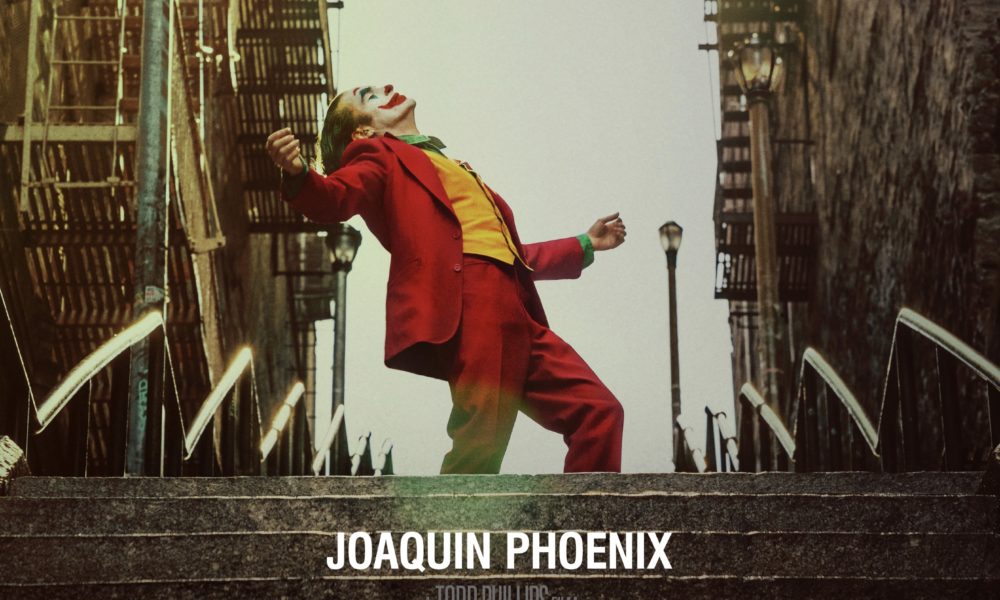“Avengers: Endgame” became the highest-grossing movie in history in July. This auspicious feat is the culmination of an unprecedented run of success for the superhero movie genre. Before the game-changing impact of Bryan Singer’s “X-Men” and Sam Raimi’s “Spider-Man” in the early ‘00s, few would have predicted that comic book adaptations would become the blockbuster juggernaut that they are today.
As a lifelong fan of the superhero genre, there are times when I remain thankful that I was able to grow up witnessing its ascent to dominance. These movies have made “nerd culture” socially acceptable in a way that was unthinkable just a few decades ago – imagine going back in time to tell your dad that it’s now cool to go to Comic-Con. However, I can no longer deny that the superhero movie monolith has been a curse as well as a blessing on the larger film industry.
The obvious case study for both of these points is the Marvel Cinematic Universe. It is undeniably impressive that Marvel Studios has been able to create such a richly interconnected cinematic story, weaving together various characters and franchises in novel ways. However, this interconnection is perhaps the only way in which the MCU ever truly innovates — and it comes with a cost.
Marvel Studios producer Kevin Feige controls every individual MCU movie’s production with an Iron (Man) fist, flattening individual directors’ creative visions in service of the larger shared universe. This has led to a series of talented filmmakers — from Edgar Wright, to Joss Whedon, to Patty Jenkins — leaving Marvel due to the limited creative control they had over their own productions. This sends a troubling message to aspiring blockbuster filmmakers: you’re just a cog in the studio machine, and your artistic voice can and will be tossed aside when it becomes inconvenient to the big picture.
Beyond this, the producer-driven approach to “cinematic universes” all too often results in mediocre, predictable movies. Behind all the fancy window dressing meant to distinguish the different MCU tentpoles from each other, these movies rehash the same basic plot structures and tired formulas at an alarming rate. How many times can Marvel tell the same superhero origin story? The answer, of course, is that they’ll continue as long as audiences keep showing up, wallets open and foaming at the mouth for more.
That’s certainly not to say that Marvel deserves all the blame for blockbusters being increasingly formulaic (although it can be argued they’ve helped accelerate the trend.) Creative clashes between writer-directors and studio executives are a tale as old as Hollywood, and we only need to look back as far as 2007’s (Sony-produced) “Spider-Man 3” to see a prime example of producers meddling with a promising script. The end result was a plot so disjointed and incoherent, that not even Tobey Maguire could dance and finger-gun blast his way out of a disaster.
There is, however, a potential path forward — a way for bold, inventive filmmaking to continue to thrive amidst the cape-and-cowl cavalcade. With the major studios relying increasingly on outside investment groups to help fund their projects, they’ve become more focused than ever on safe financial bets: sequels, reboots, and adaptations of existing properties.
Yet some filmmakers are finding ways to game that system to their creative advantage, proposing bold reimaginings of existing franchises and characters that still have built-in fanbases. Todd Phillips’ forthcoming “Joker” will be one such attempt to test the waters, presenting audiences with a visceral, R-rated take on one of DC Comics’ most iconic antagonists.
Superhero filmmaking is at a crossroads. With the potential for audience fatigue higher than ever before, the next wave of movies will help decide if studios are able to accommodate bold, even risky artistic visions into their franchises — and convert a new generation of diehards in the process. Without this, I fear that superhero blockbusters could fade from collective memory faster than Maguire’s “emo Peter Parker” phase.




